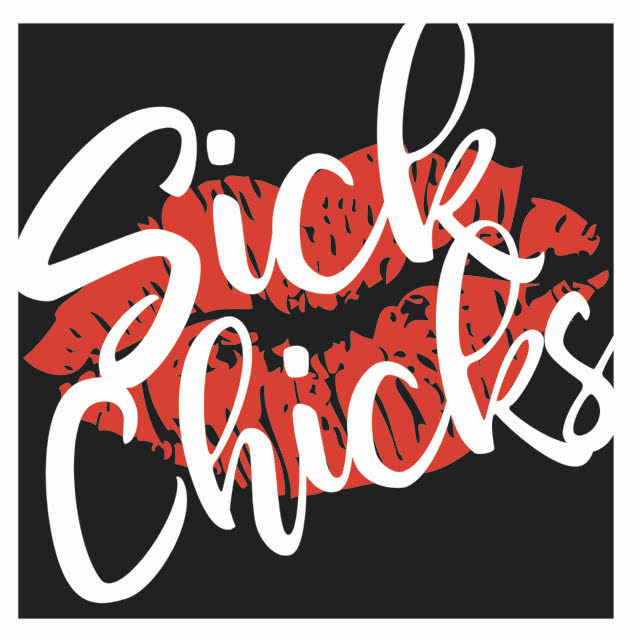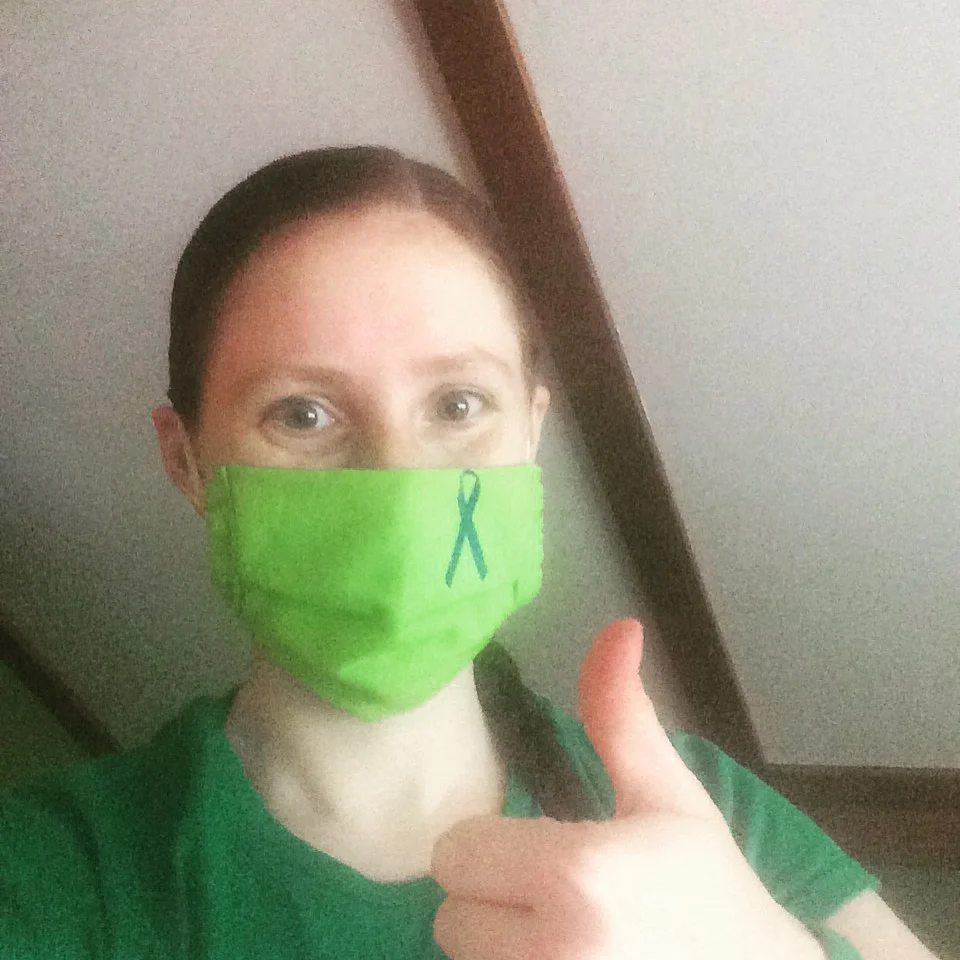I usually do my best to stay out of politics, but every so often something comes up that I can't let go by. And right now, one of those somethings is makings its ways through Congress. The 21st Century Cures Act has been passed by the House and will up for consideration in the Senate in September. This has the potential to be a game-changer when it comes to health legislation.
The 21st Century Cures Act will put into practice new legislation and infrastructure to continue funding medical research focused on discovering treatments and cures. Institutes, such as the National Institutes of Health, that are dedicated to being on the forefront of research and medical advancement cannot function without funding. This act will help guarantee funding for these research facilities that place a huge role in why the USA is where the world comes for treatment. This act does not specifically fund rare disease research, but provides general funding for healthcare and biomedical science to guarantee the resources needed for researchers to continue making advances in this field and discovering new breakthroughs.
Is there anyone who hasn't known someone with cancer? What about Alzheimer's or Parkinson's or diabetes? The 21st Century Cures Act even addresses new issues, such as the Zika virus, to provide funding that allows researchers to stay at the forefront of what is happening in the medical field and to keep working to find better treatments, and eventually cures. Health can change so quickly...this might not seem like it is relevant for you today, but I can tell you that I never expected it to matter to me either. In 2, 5, 10 years when someone you know is facing a tough diagnosis, you will want to know that you have hope for treatment and maybe even a cure thanks to the 21st Century Cures Act.
So I hope you see why this is important. But for me, it goes one step further.
The OPEN Act is also up for consideration. This specifically targets rare diseases and the ways they are treated and managed. This act provides incentives to large pharmaceutical companies to allow for off-label use of currently on-label medications to treat rare diseases with no currently approved treatment options.
In English, that means that patients living with a rare disease that has no FDA approved treatments, may get approval to use medications already on the market for other conditions. Many times medications that are FDA approved for certain issues can also work for other conditions even if they are not specifically approved for them.
It may seem complicated, and again, not relevant, but remember that 1 in 10 Americans are living with a rare disease. You probably know more people than you think who are living with one of 7000 identified rare diseases. Out of these, 95% have ZERO FDA approved treatment options. Mast cell disease is a part of that 95%.
Yes, there are medications that we can take to manage symptoms. HOWEVER, because nothing is specifically FDA approved for mast cell disease it can either be incredibly expensive because it is denied by insurance (which usually means it isn't really an option because what rare disease patient has thousands of dollars just lying around) or if it does happen to get approved, it takes months/years to get that approval. In the mean time, we're left trying to figure things out for ourselves and wondering how much long until we're out of options.
The OPEN Act would give rare disease patients another lifeline when nothing is working. Instead of being told that the only available options have been exhausted and there is nothing left, there is at least the hope that maybe there is still something that could help. It might not provide cures, but it at least gives the potential of treatment to give more time until cures are found.
I am thankful that right now in the treatment of my mast cell disease, we still have things to try. We are making progress with the Xolair (which took 5 months to get approval) and getting better at tweaking my medications to continue improving my symptoms. But it's not perfect, and there are days when I feel like nothing is working...and I wonder what could happen if I were to get to the end of what is currently available. I have friends who are there now.
Friends who are faced with the choice of anaphylaxis from IV nutrition or anaphylaxis from tube feeds...Friends who react to the only medications available to manage their symptoms because they have been stuck waiting for insurance approvals for 7 months...Friends unable to get any treatments beyond over the counter medications because insurance won't approve anything for a condition they don't have codes for...and billing codes for mast cell diseases won't be available until October 2016...
It's crunch time. Not just for those of us with rare diseases waiting for access to treatments and insurance approvals. It's crunch time for the 21st Century Cures Act and the OPEN Act. Please help raise awareness for the need for medical research to benefit all healthcare as well as provisions to allow additional options for rare disease patients. We have the month of August to get the word out.
We need #CuresNow! The #OPENAct matters because we understand that medical advances don't happen overnight and finding a cure doesn't mean anything if the patients who need it can't get treatment now.
This Spotlight post was written by Kylene Boka and originally posted on "Maintenance Required"


